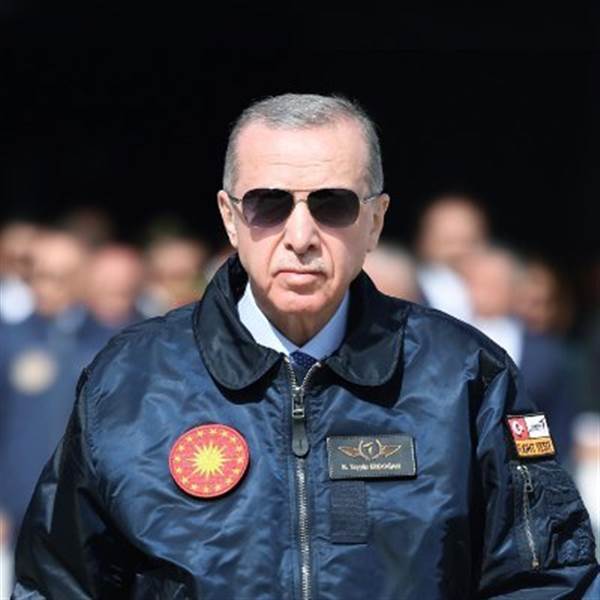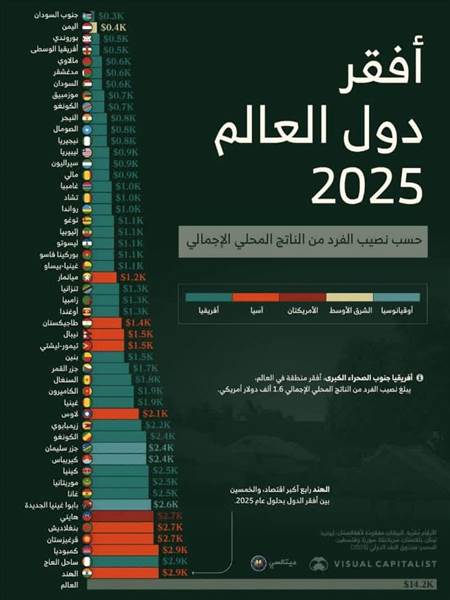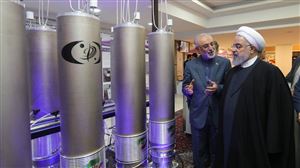Turkey's Victory in Syria: Shifting Geopolitical Dynamics
The British newspaper The Guardian has described the Syrian opposition's victory as a turning point in the Middle East's geopolitical landscape. According to the report, this development affirms Turkey's rise as a regional power while signaling the end of the "Shia Crescent," a prospect long feared by Iran.
Turkey has played a significant role in supporting the rebels, providing intelligence, guidance, and political backing, which has helped them achieve unexpected victories. Since 2019, Ankara's ceasefire plans have given the rebels the opportunity to rearm and strengthen their position.
Meanwhile, Iran faces pressure from Israeli strikes targeting its networks in Syria and Lebanon. At the same time, Russia’s preoccupation with the war in Ukraine has reduced its support for the Assad regime, accelerating its collapse.
Turkey's successes are expected to extend beyond Syria, strengthening the Sunni government in Iraq and diminishing the influence of Iran-backed Shia militias. Furthermore, Turkey continues to expand its presence in regions like Libya, Afghanistan, and the Caucasus while fostering ties with new powers in Africa and Central Asia.
This situation places Saudi Arabia and its allies in an uncomfortable position, as Turkey emerges as a strong competitor for leadership within the Sunni Islamic world. While Iran relies on its proxies for influence, Turkey supports local Sunni forces, positioning itself more advantageously.
Ultimately, the decline of Iran's "Shia Crescent" project underscores Ankara’s ascent as a regional leader, driven by a comprehensive strategy that combines military power, diplomacy, and economic investments to transcend sectarian divides.
The competition among regional powers is expected to intensify in the coming years. This evolving reality will not only shape Turkey's growing ambitions but also dictate how its rivals and allies respond to this new geopolitical order.
"What is happening in Yemen? What caused the war? And who ignited it?










Comments